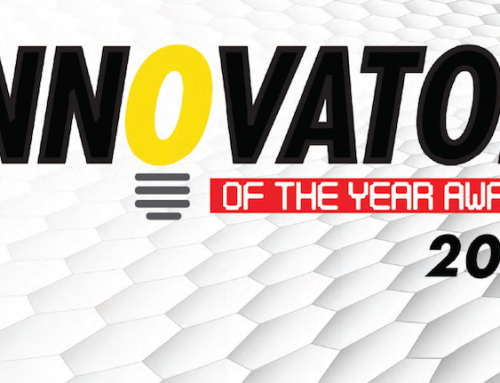You plan for months to make sure everything runs smoothly for your event. You have everything coordinated with your presenters, script is written and audio/visual team is coordinated. You have experience with the caterers and venue staff and know they are reliable. So what could go wrong? Even the most experienced event planners have to deal with problems that arise during an event and there are ways to plan for issues in advance.
1. Have an outside person review your program.
It’s a great idea to review your event’s plan and schedule with someone completely removed from your event. A fresh set of eyes can be very helpful because that person may notice something you have not. When coordinating an event you are juggling many moving parts, so someone who knows nothing about it might come up with a fresh idea you never even thought of, and chances are it could improve your event.
2. Schedule a walk-through a few weeks before your event.
Sit down with everyone (team, vendors, etc.) who has worked with you to plan the event, and run through the day’s activities. While reviewing the event schedule, brainstorm a list of everything that could possibly go wrong. Make up scenarios of problems that could arise, and solve them as a team. Should any of these issues rear their ugly heads, you’ll be glad that you’ve already created a plan for solving them. Plan a brief meeting on the day of the event to quickly run-through, as a reminder, what was discussed during the walk through.
3. Consider monitoring Twitter for any problems or complaints.
Guests love tweeting about presentations and content during events. Unfortunately, they also love tweeting their complaints about the venue, food, lighting, sound or even speakers’ presentations. By keeping track of these tweets during the event, you may be able to eradicate any significant problems on the spot. Designate a hashtag for your event and monitor its stream of tweets as a way to keep track of any issues that arise. By immediately solving problems as they occur, you could be saving your event from even larger problems that might escalate and become potentially damaging to the success of your event as a whole.
4. If the event is annual, take surveys and be sure to use the feedback.
No matter how many creative and innovative things you have planned as part of your event, attendees will always prefer some event features over others. For example, they may have liked more time to network and meet speakers, or perhaps they would have preferred a different location or fewer activities. Surveying attendees and using their feedback to plan future events will not only encourage guests to return next year, it will lead to positive feedback that you can rely on.



